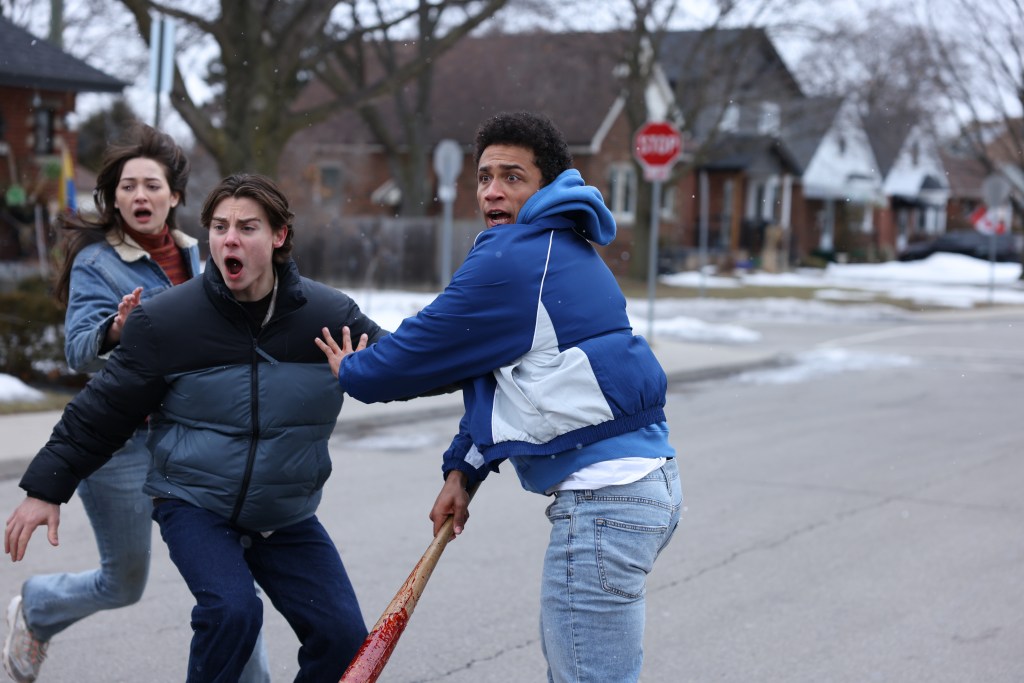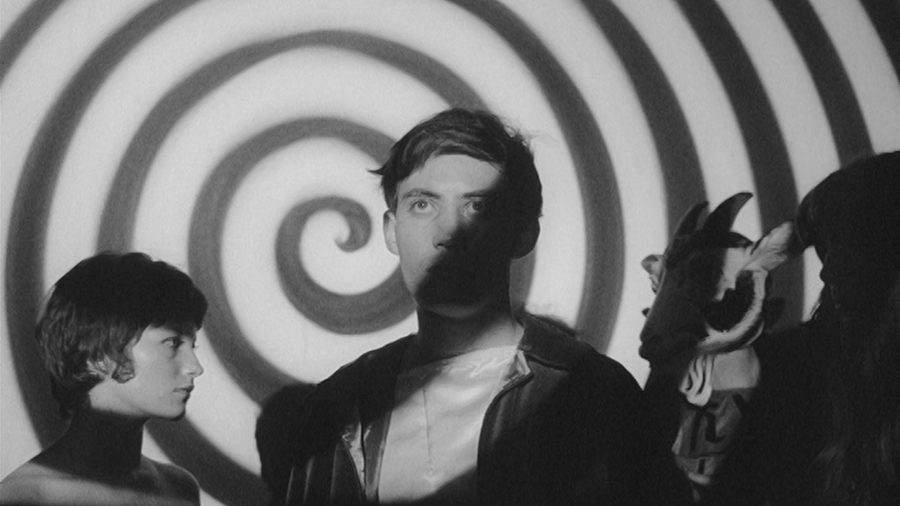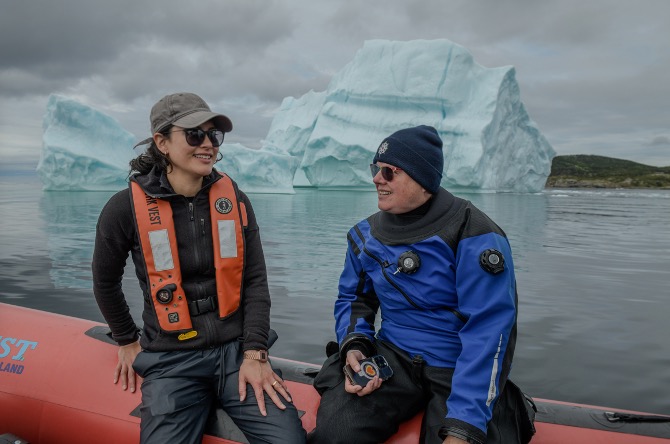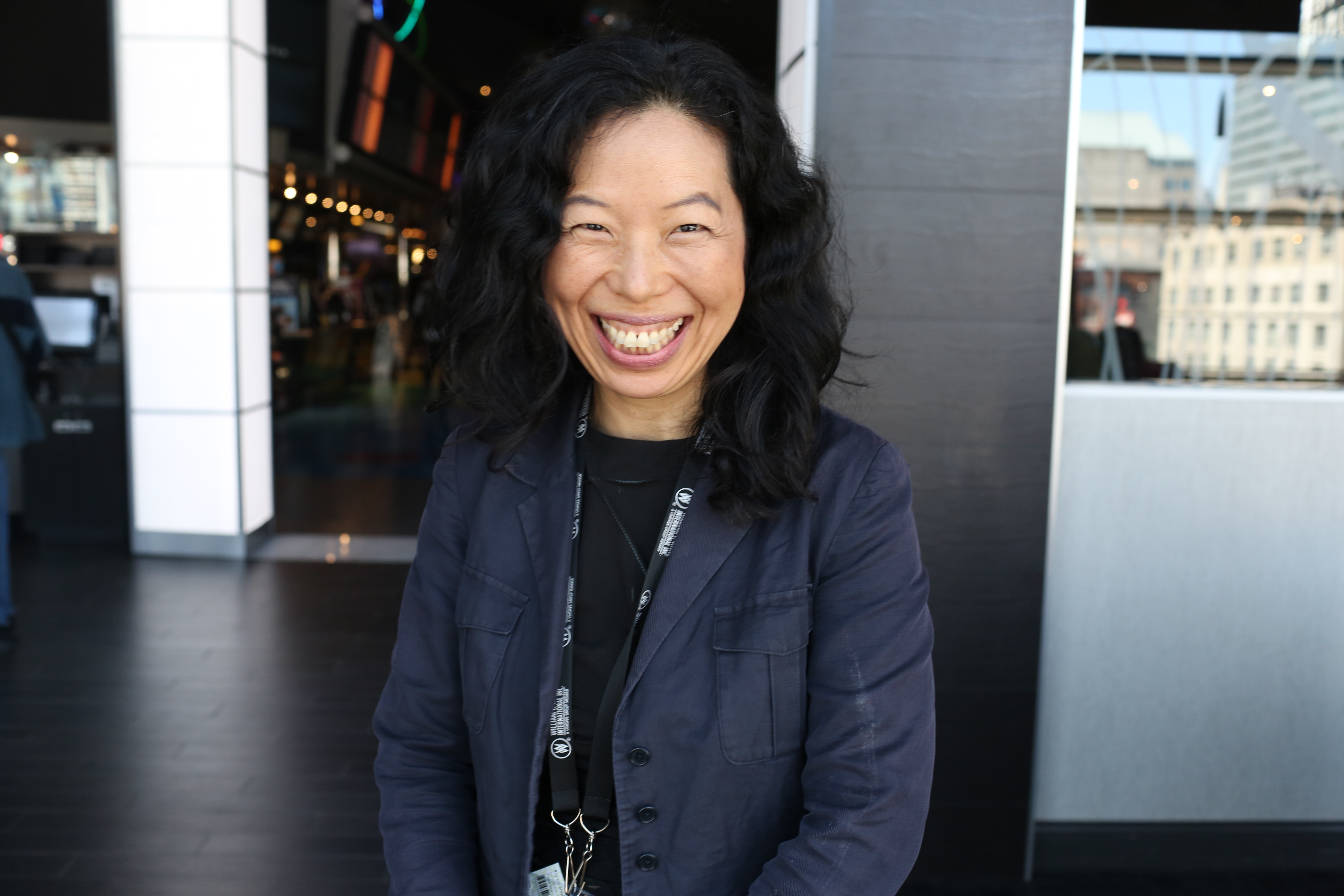Latest
-

Killers. Films reviewed: How to Make a Killing, This is Not a Test, Scream 7
This week, I’m looking at three movies about killers and the people they kill. There’s a barista mom who will stop at nothing to unmask a serial killer; a band of high school students fighting off an army of killers; and the heir to a fortune who might become a killer himself.
Featured INTERVIEWS
POPULAR CATEGORIES
1940s 1960s 1970s 1980s Acting Action Animals Animation Art Canada Clash of Cultures comedy Coming of Age Crime Cultural Mining Death documentary Drama drugs Family Feminism France Germany High School Horror Indigenous Japan Kids LGBT Movies Music Mystery Politics Protest Romance Science Fiction Sex Thriller Toronto UK Uncategorized US violence War Women








